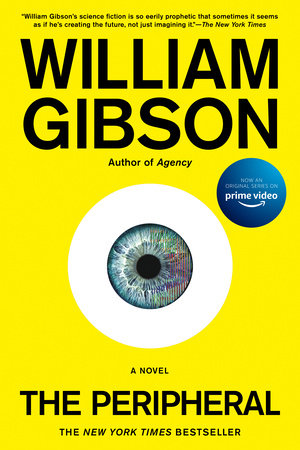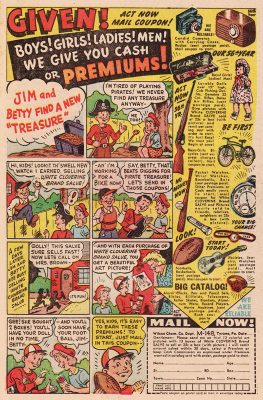My mind is buzzing with food stories again. I’m on a panel in a few minutes, you see. The panel is described in my last post, and is the final one for me for this convention. I’ve been battling my heath these last few days, so I haven’t done all the exciting social things and watching the many panels I had intended to do. But still, I got to catch up with some friends and to talk about subjects I love.
Given I have just a few minutes to write, and given I want to talk about books, and given… all the things, why don’t I introduce you to the stash of books I have by my side to keep me company during the panel?
The first book is a volume I’m suing for my research. It’s Michael Owen Jones’ Frankenstein was a Vegetarian: Essays on Food Choice, Identity, and Symbolism. I love it that there’s now enough research on related subjects so that when I analyse food in fiction, I don’t have to throw my hands up in despair and wail. This book is actually part of my non-convention work this week, so, right now, it’s filling three functions.
The CSFG Gastronomicon ed Stuart Barrow. This is a science fiction anthology with recipes. My story was sent to Stu to test the system, and was not the one I intended to suggest for it. On the front cover there is a dinner table, created by the inimitable Les Petersen. Every time I see this art, since it first appeared in 2005, I have wondered about my picture. Les made us look real, but from fantasy stories. I need to ponder why I never see myself the way artists and photographers see me.
The next book is by me, but has wonderful line drawings by Kathleen Jennings on the cover. It’s the book of the banquets (Five Historical Feasts: The Banquets of Conflux). I tell the story of the years we created these events, and how we researched the food history and added a few extras. There are stories by some very well known authors, and an article on Richard III’s coronation feast. There is also a record of the committee meeting where we tested all the drinks for the Prohibition dinner. This fits nicely in with Anne McCaffrey’s Cooking Out of this World.
Nanny Ogg’s Cookbook, Dining on Babylon 5 (Human Edition), and two quite different versions of the Doctor Who cookbook represent my (very small) collection of books representing science fiction and fantasy worlds. Cooking with Asterix also (sorta) fits into this and is mostly in the pile for the cartoons.
The second last book in my pile is the book I recommend to anyone who wants to cook English food from the Middle Ages. Pleyn Delit: Medieval Cookery for Modern Cooks is so handy as a springboard into talking about food in fantasy fiction, because it helps even those who don’t know what a medieval kitchen looked like understand what sort of cooking is possible.
The final book is the place where the fantastical meets the historical meets the foodie: it’s a translation of Nostradamus recipe book.
And now that you know what is on one side of me (on the other is washing, drying on an airer) I shall go be part of this panel!


 When I was a kid my brother and I collected comic books in great quantity. Collected and read and re-read and read the letters columns and the ads, entirely uncritically. Until I learned better.
When I was a kid my brother and I collected comic books in great quantity. Collected and read and re-read and read the letters columns and the ads, entirely uncritically. Until I learned better.


 This post was written several years ago and published elsewhere.
This post was written several years ago and published elsewhere.